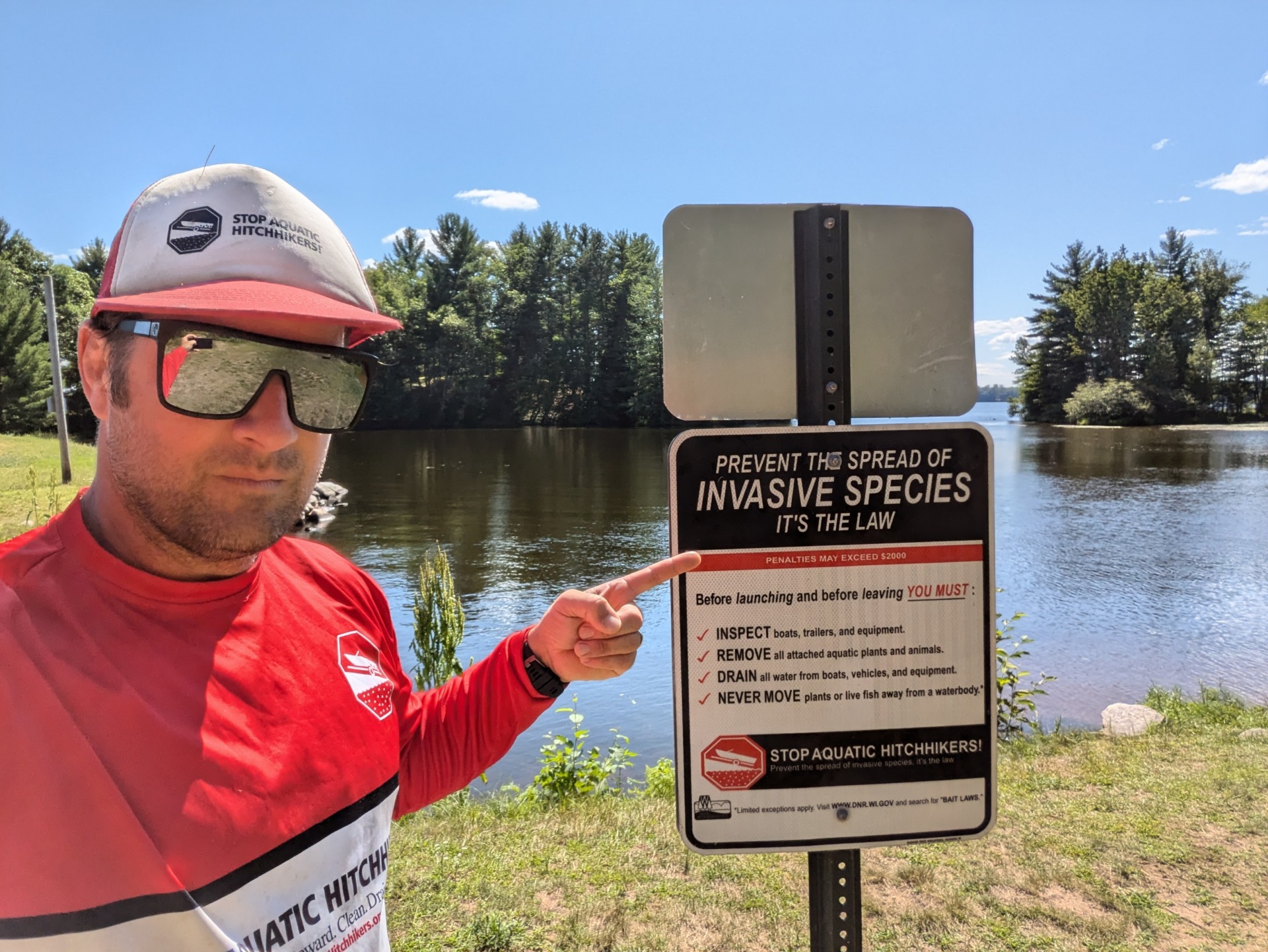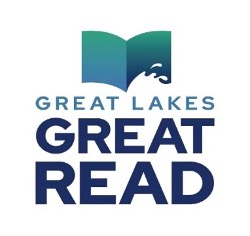The Knauss Fellowship, established in 1979, provides a unique educational experience to students who have an interest in ocean, coastal and Great Lakes resources and in the national policy decisions affecting those resources. The program matches highly qualified graduate students with “hosts” in the legislative and executive branch of government located in the Washington, D.C., area for a one-year paid internship. The 2013 internships begin Feb. 1, 2013.
Applications are due at the Wisconsin Sea Grant Institute by 5 p.m., CST, Friday, Feb. 17, 2012. Applications should be sent to Terri Klousie, Room 267, Goodnight Hall, 1975 Willow Drive, Madison, Wis., 53706-1177. Non-Wisconsin residents interested in applying for this fellowship should contact the Sea Grant program in their coastal state.
Last year, Joe Fillingham traded the shores of Lake Michigan for the shores of the Potomac River when he headed to Washington, D.C., as the newest Knauss fellow from Wisconsin. The Milwaukee native appreciated this prestigious posting because he said it allowed him to develop the “skills, insight and experience in the policy process, which will allow me to apply scientific research in the management and policy sector around the Great Lakes.”
Fillingham holds a B.S. in atmospheric and oceanic science from UW-Madison. He worked as a research assistant and lab technician at UW-Milwaukee’s Great Lakes WATER Institute while earning his master’s in atmospheric sciences. He intends to pursue a Ph.D. at UW-Milwaukee’s School of Freshwater Sciences.
His career will be improved by the Knauss experience, he feels, “I wanted to know why NOAA studies what it does, who makes those decisions, and what kind of research is coming next. As a Ph.D. student, I also wanted to make as many connections to the NOAA labs as possible.”
Fillingham worked in the Office of Laboratories and Cooperative Institutes in NOAA’s Office of Oceanic and Atmospheric Research.
Knauss fellows are matched with hosts such as congressional offices, the National Marine Fisheries Service or the U.S. Fish and Wildlife Service. More information on the program can be found at the National Sea Grant College Program website. The program is named in honor of one of Sea Grant’s founders, former NOAA Administrator John A. Knauss.
Throughout its 42-year-plus history, Wisconsin Sea Grant has sent 21 graduate students to the nation’s capital–11 men and 10 women. Many of these young people have secured full-time federal positions as a result of their Knauss background.
In fact, another former Wisconsin Sea Grant Knauss Fellow now manages the overall fellowship program in the national office. Chelsea Lowes (class of 2009) worked as a coordinator for NOAA’s Ecosystem Research Program, which conducts applied research and development to provide scientific information, tools and forecasts for implementing and evaluating ecosystem management.
Lowes holds an M.S. in biological sciences from UW–Milwaukee, where she studied Lake Michigan phytoplankton and their ability to use alternative forms of phosphorus for growth. As an undergraduate, several summer internships with universities and nonprofit organizations greatly shaped her career path. “By exposing me to the role that policy and the government play, those opportunities greatly influenced my science perspective and really motivated me to pursue the Knauss Fellowship,” she said.
Now it is Lowes herself who is in the position to greatly influence aspiring marine-science leaders.





